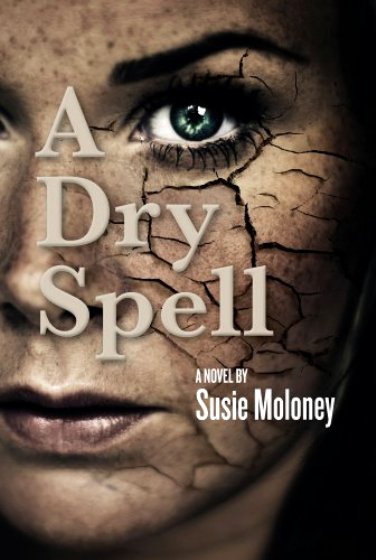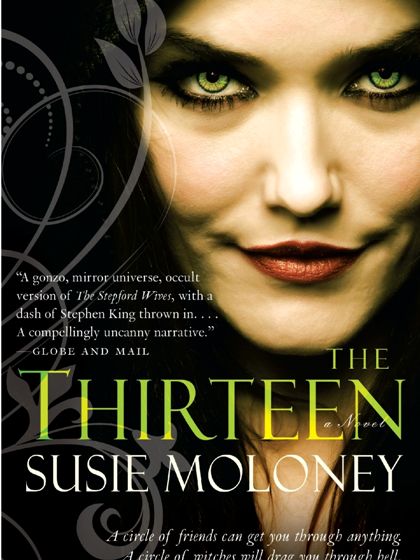

On this month's Special Page:
How publishing has changed...and the lessons that pro writer Susie Moloney has learned over the years
IN THE "SPECIAL PAGE" ARCHIVES:
Nancy Kilpatrick
Joe R. Lansdale
Christian A. Larsen
Marc Ciccarone
Mylo Carbia
John Kachuba
John Russo
BACK IN MY DAY
by Susie Moloney
The woman sat in the green chair, closest to the fire. The lighting was perfect there, when she sat, usually an hour or so after dinner once the dishes were put away and the dog had retreated to his bed under the table. The glow of the fire was just enough to read by, and it was the perfect place for a conversation, usually something deep and satisfying. In deference to the moment and the picture she knew it painted, she pulled out a pipe, stuffed it well, and lit it with a match. She puffed a moment, pondering.
"Back in my day," the woman began, "publishing had fewer options. Luck was a bigger thing, and the money was better. There was a lot more book signing. The hotels all had room service, and the editors all had long legs and brains."
In 1995 Bill Clinton was President, Jean Chretien was Prime Minister, OJ Simpson was on trial for murder, Toy Story had just been the first full-length, digitally animated film, and my first novel, Bastion Falls was published. I got a $5000 advance, and did a 2 city tour.
I know what you're thinking: who the hell was Jean Chretien? Well, he wasn't one of our longest serving PMs, but he did try to choke someone at a protest. It was in all the papers. Don't remember that? That's because Bastion Falls came out a long time ago.

Our Prime Minister, Mr. Jean Chretien. Photo by Phil Nolan

Here's me in 1995.
Aw. So young, so innocent, so full of hope.
And why wouldn't a young author be full of hope? That was back in the day when a 6-figure advance wasn't out of the question. A 7-figure advance wasn't even out of the question, because the very next year, I sold A Dry Spell for that 7 figures and Tom Cruise bought the film rights.
If my first novel taught me how to write, my second novel taught me the business of writing. And it wasn't actually all that pretty. Strip away the money, the 11-city tour, the headlines, the press, two magazine covers, Tom Cruise, room service, a freshly pressed publicist in every city, hanging out with the likes of Ian Rankin, Peter Robinson, Sandra Birdsell, Pierre Berton, Kinky Friedman, Joy Fielding, and once, briefly, glimpsed from afar, Donna Gabaldon. She was wearing a cape. Strip away all of that, and it still came down to whaddaya writing next?
I remember having a conversation with my publisher from Random House. I was on tour in Naples, Florida and he and I had gone out to the beach at 5 am (separately, it was just a coincidence, no tea here) to see the manatees. I asked him what was expected of me now. And he said, "A book a year."
A book a year. My jaded self now thinks, pfft. No problem. But back then I had a teenager, an infant, and this weird, sudden pressure. I didn't think I could do it. And as it turned out, I couldn't. Whatever momentum I had built with A Dry Spell soon faded away, and I didn't write another book until The Dwelling, which came out in hard cover in 2004. It's a very good book. My favourite, in fact.
So I learned a lesson.
Lesson #1: You can have it fast, or you can have it good.
In today's face-paced post-internet world, a book a year probably doesn't sound like much. And I know that the publishing game is even more competitive now than it was then. Back in my day ... there were The Gatekeepers. They kept out the riff-raff, or at least that's what we were told. Those Gatekeepers were mostly wrong and there's an awful lot of fabulous work out there that may never have seen the light of day if it wasn't for the explosion of small publishers and of course, self-publishing. The new publishing model has changed what we read (and how we read) forever; I personally think this has been a brilliant change. It hasn't done anything for advances, which have absolutely plummeted, but self-publishing means that you keep your profits, and you're not tied to the competitive Spring-Fall schedule of the Big 6.
Actual conversation I had with my agent:
Me, in despair: It's coming out in the Spring?!
Agent: It's a summer book!
Me: NO IT'S NOT!
You can finish your book in the middle of winter and have it released before Easter. You can finish it at Easter have it beach-body ready by June. May! Most importantly you can write at your own pace and no one's going to fault you for it.
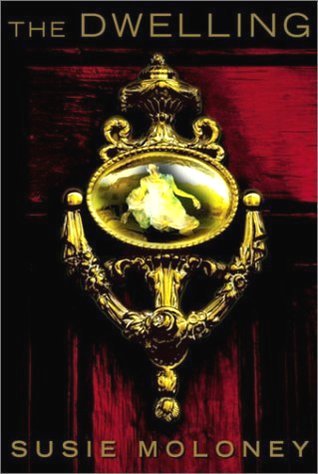
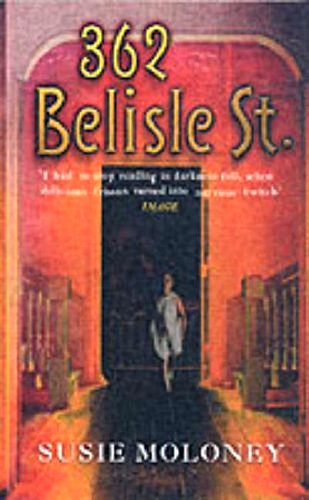
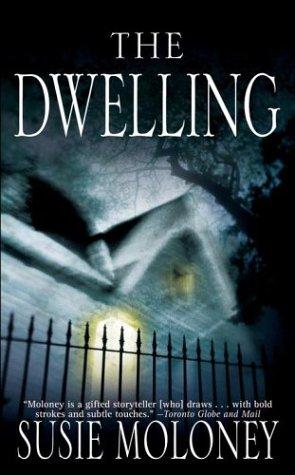
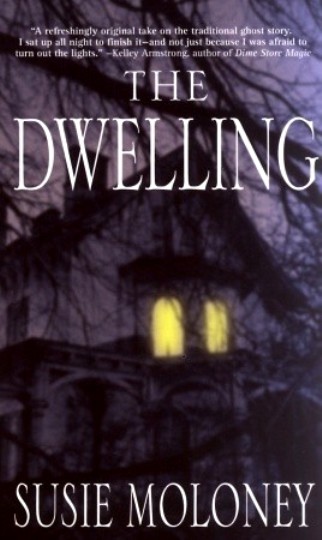
My babies.
Lesson #2: What the Hell am I Writing?
Some of my best work will never be published, because it was never written. I'd get to writing something I was passionate and excited about, and my agent would tell me that there was no market. I would get totally defeated and give it up, only to try and find something that there was a market for, and realize I didn't have the stomach for it. I was a bad writer when I was forcing myself to write something that someone else thought was commercially viable. Do not make this mistake. Write the story you want to tell, and when you've written well and told your tale, you have had success. Never forget that this is why you do it.
.jpg)
After Bastion Falls came out, I had a baby and moved to the country to a tiny, wee house that had two bedrooms and a bathroom with no door. There was nowhere for me to write. My agent would call every few days and ask how the new book was coming and I would tell her that I had no space to write yet. After awhile, she would ask me how the space was coming. After the success of A Dry Spell, there were no excuses. I had a bigger house, and more money. And suddenly, I had a dedicated space in which I had nothing to do but write.
So I sat my butt down in that chair in the morning, and stayed there until evening. I was a 9 to 5er. A fulltime writer. A dream come true.
Not exactly. Because there was so much riding on my next, "same but different" novel, I could hardly write a thing. But by golly, I was sitting there. Look! I'm sitting here! I'm a serious writer!
It wasn't until that particular office of cards fell down and I had to relocate with a baby and a teenager to another province altogether and set up a brand new house and start a brand new life that I learned lesson number 3.
Lesson #3: Real people go outside.
This is a big one. Maybe the Grandmummy of all lessons: to write you have to know, to know you have experience. All that experience is waiting away from your desk. Back in my day, no one talked about work-life balance, but it's a real thing. The world is the greatest source of material, and you have to make sure you are living in it.
I always think of that book, Looking for Mr. Goodbar by Judith Rossner. A favourite of mine, actually. The protagonist, Theresa, goes to bars and reads a book. She likes bars. She likes books. It doesn't go well after that, but I get her. I too used to like bars, even if it was just to hang around. You don't even have to drink (in fact there's apparently this new thing making bars the new coffee shops for writing, and I'm not even kidding. There's nothing quieter than a bar in the middle of the day).
So ... have a job. Go to clubs. Have lunch with friends. Walk the dog. Take the bus. Go to house parties. Hang out at the beach-park-coffee shop-mall (don't be creepy). People will give you all the stories you need and you don't even have to talk to them.

This part.

Not this part.
I haven't written a book in a long time. I write film and television now. Recently (and yeah, I know I'm behind) I started reading The Passage by Justin Cronin. Every time I start reading, it makes me want to write another book. Sometimes it's like being hungry and staring at food through a window. Sometimes it's like raging hormones, the fullness of the chest, the slightly mad excitement, the itch for a pencil and a blank piece of paper. It's a delightful and slightly terrifying thing, that rising passion. I miss it. I miss the sheer geography of writing a book--all that room to explore characters and lead them down a path. You don't really have that kind of space in film. Maybe in television, but I have yet to really find that out. So I learned ...
Lesson #4: Read 'em or Weep.
My final lesson was one that I think I knew all along, just like Dorothy. No matter what the pressure to produce, from inside or outside forces, no matter where you stand in the hierarchy of writers and publishing, no matter that shitty chapter 8 that you can't fix, no matter how much you made on your last book--remember how and why you started doing this in the first place: reading. Isn't that how we all got here? That joy in the book, the despair when it was over? Your greatest lessons are inside the pages of other writers' books. Let's be gentle with each other. And grateful.
DON'T MISS ROMI
The new film written by Susie Moloney
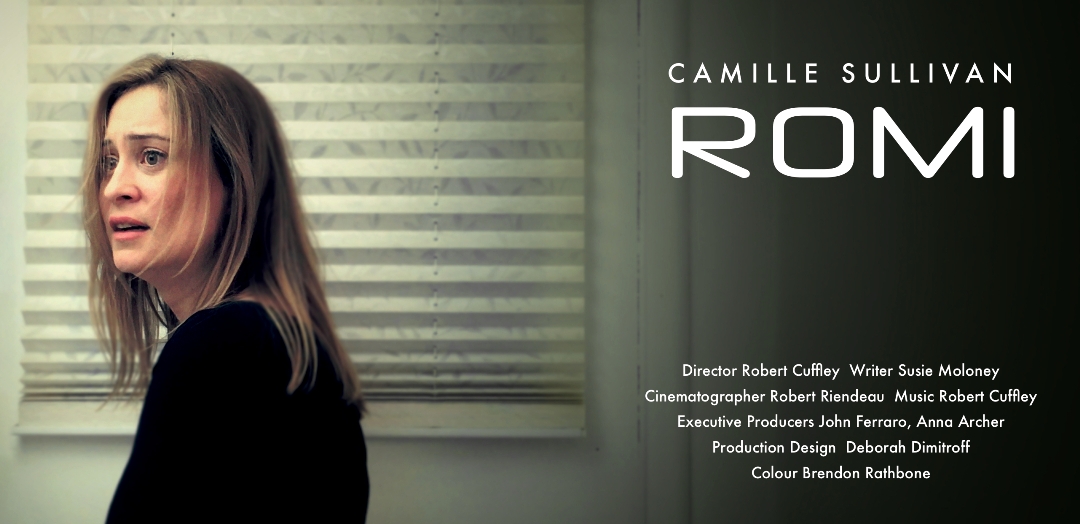
About the techhorror film ROMI: Newly widowed Jesse Ryder's Virtual Assistant Romi is stuck in the past and wants to keep Jessie there, too. Forever
Starring Camille Sullivan. Directed by Robert Cuffley. Written by Susie Moloney.
About Susie Moloney
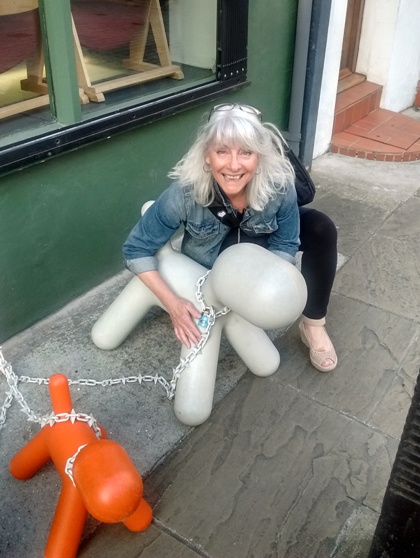
Susie Moloney is the author of five books of horror and the supernatural, novels Bastion Falls, A Dry Spell, The Dwelling, The Thirteen, and a collection, Things Withered: stories. A Canadian living in Edmonton, Alberta, Moloney is owned by a blind shih tzu, Scrappy, and married to playwright Vern Thiessen. Recently Moloney made the switch from novels to film and television. A couple of forays into television and two short films later, her first full-length feature film, Bright Hill Road, began shooting in March 2019 and can be expected to be in theatres in 2020. Yup. It's a horror movie. Follow her on Facebook, Twitter, and Instagram as Susie Moloney.
Susie tells us what she is doing now:
"About five years ago I made the rash decision to try my hand at film and television. I foolishly thought it would be an easy transition, but in fact, it was learning an entirely new skill and way of seeing the world. It pretty much took the whole five years and a whole lot of tears.
"But I did a little tv, including an episode of Blackstone, a series available in the US on Netflix--I wrote Season 5, episode 3, "The Worm has Turned." What an incredible experience that was! I also discovered that the folks in television are some of the most generous and patient folks there is! I know they say it's not show-friends, it's show-business, but in fact it came to be showfriends.
"I had a couple of negative experiences, but overall, the transition has been joyful and exciting. I also wrote and co-produced my first self-generated film, a short "The Suburbanight," a dark little mind-blower, based on a story in my collection. This was directed and co-produced by filmmaker Eva Colmers, who proved my first discovery correct: it's showfriends.
"Then my longtime collaborator, Robert Cuffley directed my next short, a technohorror, "Romi," which will be making the rounds of festivals in 2019-20. Watch for it. The big news is, as I type this, my very first feature length film is being shot, Bright Hill Road.
"Here's what the logline says: "In the aftermath of a violent tragedy, a young woman is forced to face her demons at an unusual boarding house." Produced by Nevermine Films, directed by the same Robert Cuffley, this is my project to watch. I hope you will."

